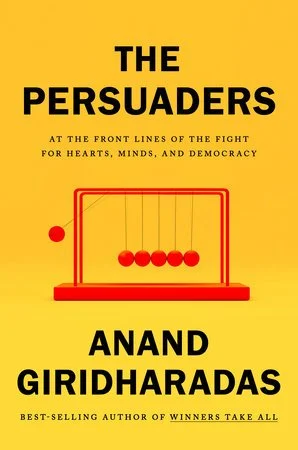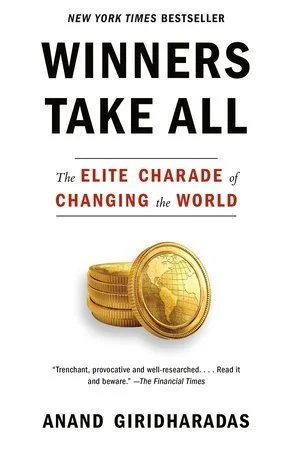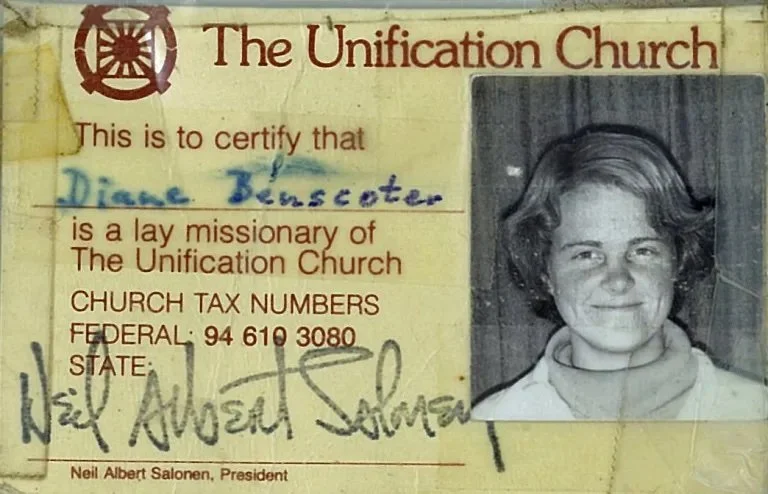Changing Minds
In a republic, writing people off is easy - and dangerous. Persuading them is a challenge.
Read
Let’s face it. There are times you can’t stand your neighbor’s guts. The problem is, contempt and disgust for people think differently from you is the death knell of democracy, says writer Anand Giridharadas. Over the last few years, he set out in search of the lost art of persuasion, and found it: among activists, cult-deprogrammers, political organizers and deep canvassers. Giridharadas shares what he learned and offers some advice on how to talk to your friends — and enemies — this holiday season.
Giridharadas discusses his new book, and his faith in talking to political opponents, with Will and producer Robert Armengol. Trying to change people’s minds without alienating them is hard, especially in an age of rampant conspiracy theories, cultlike politics and growing extremism. In 2016, Russia used a troll farm to deepen America’s divisions. It’s a cautionary tale about how brittle the country’s political culture has become, Giridharadas says. But he also tells stories of hope about researchers and practitioners in the persuasion business. These are organizers who dig deep to convince others, by displacing their belief systems with empathetic gestures, not yelling and screaming.
Meet
Anand Giridharadas is a journalist, essayist and frequent political commentator on MSNBC. He writes a newsletter called The.Ink, and is the author of four books, including Winners Take All: The Elite Charade of Changing the World (Penguin Random House, 2018). His new work is The Persuaders: At the Front Lines of the Fight for Hearts, Minds, and Democracy (Penguin Random House, 2022). He is also a former correspondent and columnist for The New York Times. And in case you’re wondering, yes, Giridharadas pronounces his last name GEER-dah-das. Follow him on Twitter @AnandWrites.
In The Persuaders, Giridharadas follows activists across the United States who “talk toward a future,” including deep canvassers who spend hours chatting people up on their doorsteps.
Want to enhance your skills in the art of persuasion? Check out the helpful — and free — online guide that accompanies the book.
Giridharadas’s earlier work, Winners Take All, takes aim at billionaire do-gooders and corporate rhetoric on “social responsibility.”
After a number of public gaffes by business moguls like Jeff Bezos and Elon Musk, Giridharadas wrote last month that their actions demonstrate exactly why billionaires should be abolished. The ultrarich are not geniuses, he says, and shouldn’t even exist.
Watch him making this case and promoting his book on MSNBC’s “Morning Joe” in the runup to the recent midterm elections. Democrats, he says, need “to buck up” and tell a story of hope and promise for this country’s institutions.
The stakes are high, Giridharadas writes in a recent New York Times op-ed. If they want to keep fascism at bay, he argues, pro-democracy advocates need to “to dazzle and pull people in,” to give them a sense of belonging. A little example he cites: The Democratic Socialists of America offered free auto repairs to residents of New Orleans in 2017, lending them a hand and campaigning against mass incarceration.
And… just for fun. Read Giridharadas’s contribution to “Shouts & Murmurs” in this week’s issue of the New Yorker: “The Procrastination Diary of Merrick Garland.”
Learn
In April 2019, special counsel Robert Mueller published his team’s findings on Russian interference in the 2016 campaign — detailed in this guide from Vox. It included indictments against 26 Russian nationals connected to the troll farm, and accused six former Trump advisers of lying or misleading investigators.
Here’s a quick visual primer on Russia’s Internet Research Agency and what it did.
Diane Benscoter, once a follower of Rev. Sun Myung Moon’s Unification Church in South Korea, is now a cult-deprogrammer and a central figure in Giridharadas’s book.
In her 2009 TED talk “How Cults Rewire the Brain,” Benscoter explains how and why she became a Moonie in Nebraska at age 17. Today, she is a founder of Own Your Brain, which helps families get their loved ones out of religious cults, and of the nonprofit Antidote, which works to prevent psychological manipulation.
Cognitive scientist John Cook, also featured in Giridharadas’s book, fights climate misinformation through George Mason University’s 4D Project. The basic ideas is to “inoculate” the public against bad science.
Cook is also the founder of Cranky Uncle, an online platform that uses games and cartoons to counter common falsehoods. It’s based on his 2020 illustrated book Cranky Uncle vs. Climate Change.
People’s Action employs deep canvassing strategies in its work promoting progressive stances on housing, climate change and health care. Read more on its experiment with that approach during the 2020 presidential campaign.
Another source of inspiration in The Persuaders is activist Anat Shenker-Osorio, who says pro-democracy messaging must appeal to voters across party lines.
On the other hand, here’s how not to canvass: by probing local residents door-to-door in the hunt for “voter fraud,” as Republican operatives recently did in Shasta County, California, and in at least 18 other states around the country.










